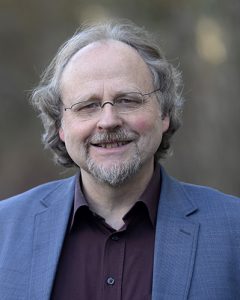2020 ICLRS Symposium: President Eyring’s Welcoming Remarks

On behalf of the First Presidency of The Church of Jesus Christ of Latter-day Saints, I extend a warm welcome to all who are participating in the 27th Annual International Law and Religion Symposium sponsored by the International Center for Law and Religion Studies at BYU Law School. This symposium is the world’s premier conference where religious leaders and leading scholars and government authorities come together to discuss global religious freedom issues. Deeper appreciation and understanding of the values of religious freedom for the peoples of the world will be the fruits of this symposium. This year’s topic, Religious Freedom: Rights and Responsibilities, reflects well our faith’s beliefs in the importance of both religious freedom and responsibility in respecting the rights and needs of everyone.


